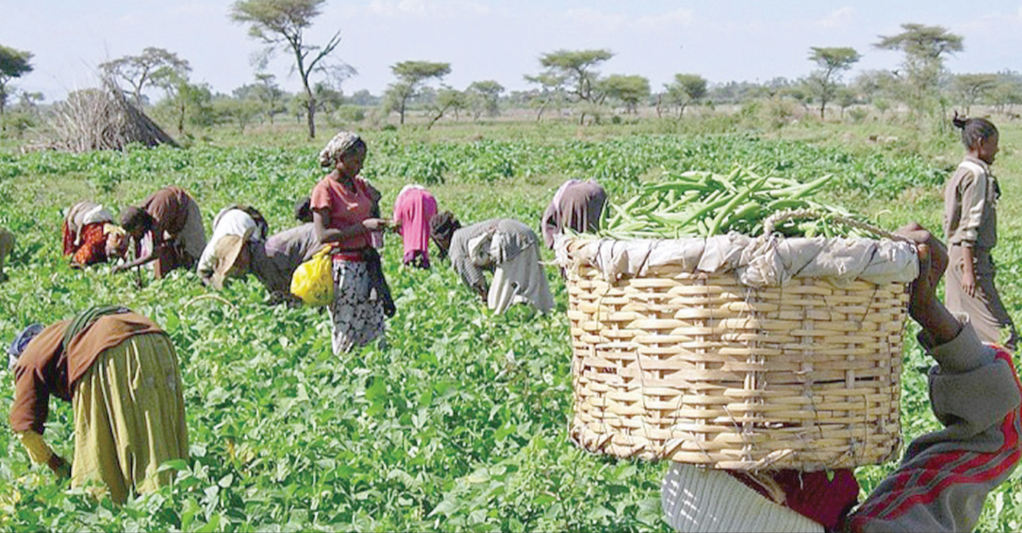Food and nutrition security remain one of the cardinal essentials of a healthy society and globally, despite concerted efforts put in place to ensure sustainable food production, hunger and lack of nutrition persist.
African countries such as, Ethiopia, South Sudan and Nigeria keep facing extreme hunger, starvation and even death due to lack of food and nutrition.
Although goal 2 of the Sustainable Development Goals seek to address these challenges by forging strong alliance with countries, but in Nigeria, several agricultural efforts to boost food production often suffer setback due to persistent insecurity in the North East and the Middle-belt, perennial flooding and in recent times, Russia-Ukrainian war and climate change.
In addition to these challenges are issues of poor implementation of agricultural policies that might have accelerate food production and better nutrition for Nigerians over the years.
A reflection on some post independent agricultural policies such as; National Accelerated Food Production Project (NAFPP, 1972), River Basin Development Authority (RBDA, 1973), Agricultural Development Project (ADP, 1975), Operation Feed the Nation (OFN, 1976), The Green Revolution Program (1980), Accelerated Development Area Project (ADAP, 1982), Multi-state Agricultural Development Project (MSAP, 1986), among others indicate a shortfall between expectations and the results.
In Nigeria experts have identified civil conflicts which lead to large-scale displacement, rising food prices, climate change, natural resource degradation, poverty and population growth as some key factors responsible for food insecurity.
While natural events such as flooding, desertification, drought and erosion have also contributed to poor conditions for agriculture, land degradation and overall decline in agricultural productivity.
It’s in the wake of this global consciousness to the peculiarities of each country’s challenges that the Food and Agriculture Organisation of the United Nations (FAO) conceived strategies such as World Food Day with the aim to promote worldwide awareness and action for those who suffer from hunger and for the need to ensure healthy diets for all, leaving no one behind.
According to FAO, for countries to overcome challenges of food insecurity, collective efforts and partnerships are required to build a sustainable world where everyone, everywhere has regular access to enough nutritious food.
Speaking at an event to mark this year’s World Food Day, minister of agriculture and rural development, Dr Mohammad Mahmood Abubakar, said everyone must get involved, reduce food waste and help feed millions so that hunger-related problems around the world would significantly reduced.
He said, “The day is like a reminder to eat mindfully and consider that millions of people are unable to afford one meal for themselves. It is important that we rededicate ourselves to this very important event and its purpose by drawing attention through global awareness, bold action and innovation to enhance effectively the channels that make our food systems stronger and more equitable.
“In the face of global crises and escalating threats therefore, global solutions are needed more than ever to safeguard life and transform our agri-food systems.
“Let me reaffirm that, a renewed commitment between Food and Agriculture Organization (FAO) and the Nigerian government is in focus for continuous collaboration to strengthen the Agricultural sector and enhance food and nutrition security while contributing to the eradication of poverty, hunger and malnutrition in Nigeria.”





